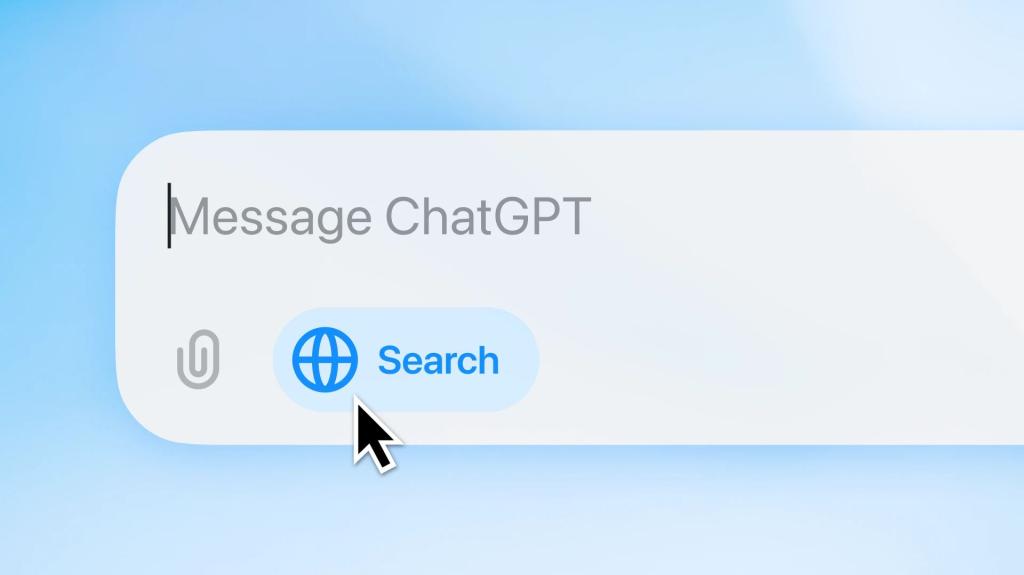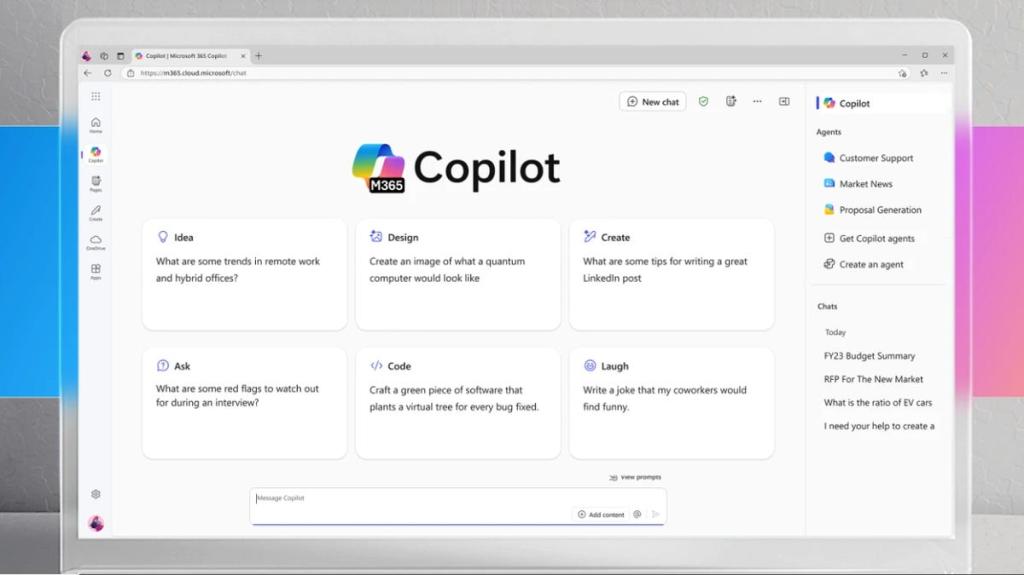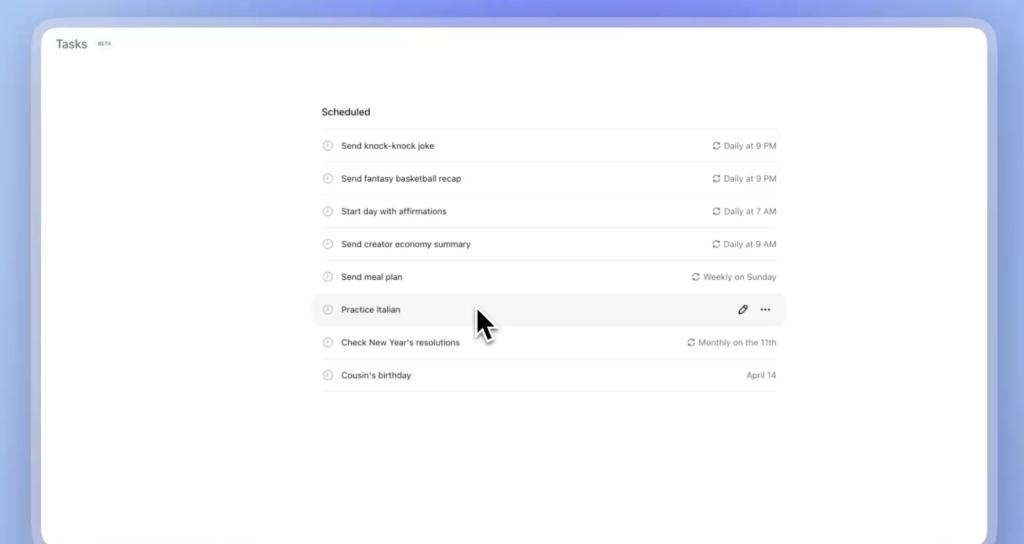ChatGPT Transforms Conversations with Real-Time Web Search
Explore how ChatGPT’s new real-time web search feature transforms conversations by delivering timely, credible information directly in your interactions.

Key Points
- OpenAI
's new web search capability for
ChatGPTenables real-time access to information, enhancing user interactions with timely responses.
- The integration of source links in ChatGPT's replies increases transparency and credibility in the information provided.
- Strategic partnerships with major news organizations ensure high-quality, up-to-date content and help navigate copyright concerns.
In an era where information is rapidly evolving and accessibility to real-time data is critical, OpenAI has made a bold move to enhance its popular chatbot, ChatGPT. The introduction of the web search capability is not just an upgrade; it marks a significant evolution in how conversational AI interacts with users by accessing the latest information online. This innovation positions ChatGPT as a potential competitor to established search engines like
.

The New Features Explained
OpenAI's enhancement allows ChatGPT to provide timely responses by conducting real-time web searches. This feature is especially noteworthy because it allows users to receive answers that were previously only attainable through traditional search engines. By simply asking questions, users can now find current data on varied topics, ranging from stock prices to weather forecasts. This seamless integration transforms ChatGPT from a static knowledge base into a dynamic tool capable of delivering the most up-to-date information available.
What makes this transition particularly significant is the incorporation of sources into ChatGPT's replies. By clicking on a "Sources" button located beneath the responses, users can see links to relevant web pages and additional information. This feature enhances transparency and adds a layer of credibility to the information provided.
Examples and Real-World Applications
During a recent demonstration of the feature, OpenAI’s search lead showcased how ChatGPT could search for Apple's stock and deliver not only the current price but also relevant news articles, interactive stock graphs, and upcoming earnings information. Imagine asking ChatGPT about the latest news on your favorite sports team and receiving a live feed of updates, scores, and articles, all sourced from reliable media outlets.
Furthermore, users can opt to conduct manual searches if they prefer more control over query results. By clicking the search icon, one can delve into specific topics or questions that might require deeper exploration. This flexibility empowers users to engage with the content actively, rather than passively receiving information.
Strategic Partnerships and Future Directions
OpenAI has strategically partnered with prominent news organizations, including the
,
, and Condé Nast, to enrich the content and maintain the veracity of the information shared. Collaborating with established media entities not only helps in providing real-time data but also ensures that the search results maintain high journalistic standards. By offering these partnerships, OpenAI hopes to navigate potential copyright issues and enhance user trust.
As the web search feature continues to roll out to various user tiers—including ChatGPT Plus subscribers, educational institutions, and eventually free users—we can anticipate refinements and expansions in capabilities. OpenAI aims to tap into industries such as shopping and travel in future versions of the tool, enabling users to have a comprehensive experience, whether seeking information for leisure or professional interests.
A Reflexive Look at the Implications
As AI conversation tools become more integrated with real-time web search, traditional search engines like Google might need to adapt. The clutter of advertisements and sponsored links that often characterizes search results could dissuade users; in contrast, ChatGPT promises a cleaner experience without the distractions of ads. This could very well redefine how people choose to seek information in the coming years.
Moreover, with the recent surge in AI-powered searches prompted by advancements across tech giants, the competitive landscape is more spirited than ever. This innovation is timely, especially as the upcoming U.S. presidential election will require accurate and unbiased information dissemination—a challenge that OpenAI is addressing head-on.
OpenAI’s enhancements to ChatGPT not only reflect a commitment to developing sophisticated AI tools but also encapsulate a broader aim to become an essential resource for day-to-day inquiries. By continuing to bridge the gap between conversational AI and real-time internet information, OpenAI invites users to reimagine how they interact with technology.


